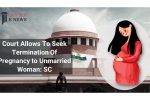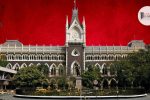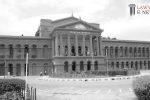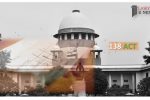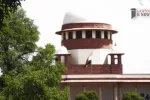Acquittal | Public View in SCST Act Must Be Broadly Interpreted, Rules Gujarat High Court
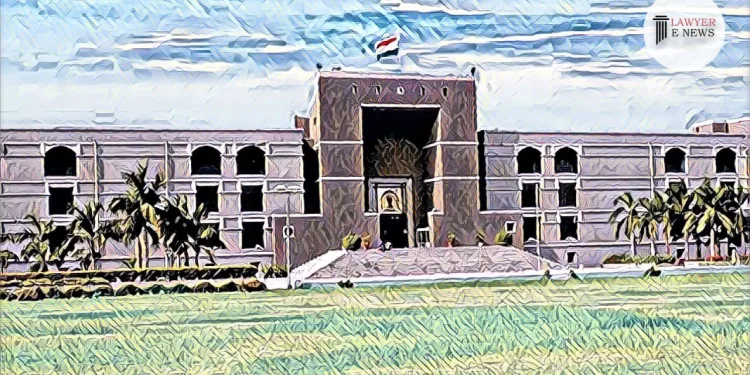
In a notable judgment, the Gujarat High Court dismissed the State’s appeal against the acquittal of Rajeshkumar Bhikhabhai Patel and others in a case involving allegations of assault and caste-based abuse. The court, upholding the trial court’s decision, emphasized the broader interpretation of “public view” under the Scheduled Castes and Scheduled Tribes (Prevention of Atrocities) Act, 1989, and highlighted inconsistencies in the prosecution’s evidence.
Background: The case stems from an incident on February 19, 2006, when the complainant, Kaliben Chatrabhai Harijan, and her family were working at a brick kiln in Santrampur. According to the complaint, Rajeshkumar Bhikhabhai Patel and Prakashbhai Hirabhai Patel verbally abused the complainant using casteist slurs and assaulted her and her family members. An FIR was lodged, leading to charges under Sections 323 and 504 read with Section 114 of the Indian Penal Code, Section 3(1)(x) of the Scheduled Castes and Scheduled Tribes (Prevention of Atrocities) Act, 1989, and Section 135 of the Bombay Police Act. However, the trial court acquitted the accused on October 1, 2007, citing contradictions in the prosecution’s evidence and lack of credible witness testimonies. The State subsequently appealed the acquittal.
Interpretation of “Public View”: The High Court clarified the term “public view” under Section 3(1)(x) of the SC/ST Act. Justice Nisha M. Thakore criticized the trial court’s narrow interpretation, which confined “public view” to public places. She stated, “The term ‘public view’ must be broadly interpreted to include incidents witnessed by members of the public, even if occurring on private property.” This aligns with precedents set by the Supreme Court, ensuring the Act’s purpose is upheld.
Appreciation of Evidence: The court scrutinized the contradictions in the testimonies of key witnesses. Notably, discrepancies were found between the FIR and the deposition of the complainant, Kaliben Chatrabhai Harijan, and other witnesses. The court observed that the complainant’s statements about the assault differed from the medical records and other witnesses’ testimonies. The trial court’s assessment of these contradictions was found to be reasonable and supported by the evidence.
Contradictions in Witness Testimonies: Key inconsistencies in the testimonies were highlighted. For instance, while the complainant alleged caste-based abuse and assault, her sister, Bhuriben Chatrabhai, did not corroborate the use of abusive words by the accused. Furthermore, the medical evidence did not support the complainant’s claims of severe physical assault. The court noted, “The medical certificates brought on record do not inspire confidence and fail to corroborate the prosecution’s version of the incident.”
Justice Thakore emphasized the importance of credible evidence, stating, “The prosecution has failed to establish beyond reasonable doubt the involvement of the accused in the alleged offences. The view taken by the trial court is both possible and plausible.”
The court extensively discussed the principles of evaluating evidence in criminal cases. It reiterated that an appellate court should interfere with an acquittal only if the trial court’s decision is found to be perverse or based on erroneous appreciation of evidence. The judgment referenced multiple Supreme Court rulings, including Jafarudheen and Others v. State of Kerala (2022 SCC Online SC 495), which highlight the importance of respecting the trial court’s findings unless there are compelling reasons to overturn them.
The Gujarat High Court’s dismissal of the State’s appeal reinforces the importance of thorough and credible evidence in criminal prosecutions. By upholding the trial court’s acquittal, the judgment underscores the need for a broad interpretation of “public view” under the SC/ST Act and sends a clear message about the standards required for overturning acquittals. This decision is expected to have a significant impact on future cases involving the SC/ST Act, ensuring a balanced and fair application of the law.
Date of Decision:22nd May 2024
State of Gujarat vs. Rajeshkumar Bhikhabhai Patel & Ors.

